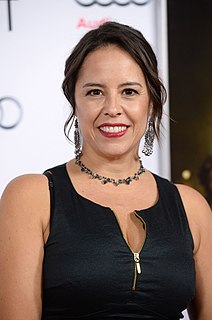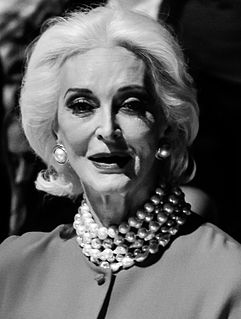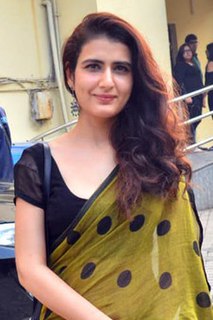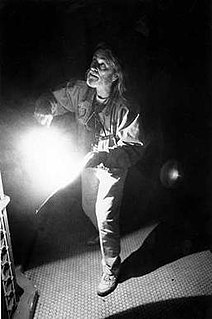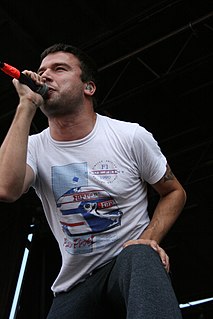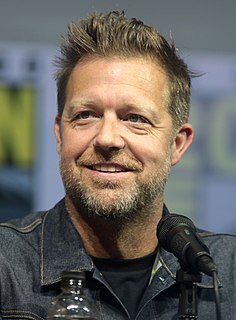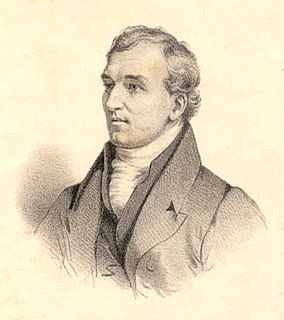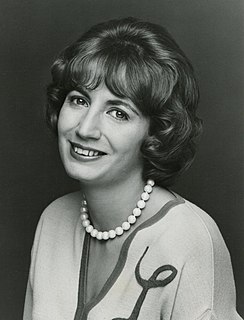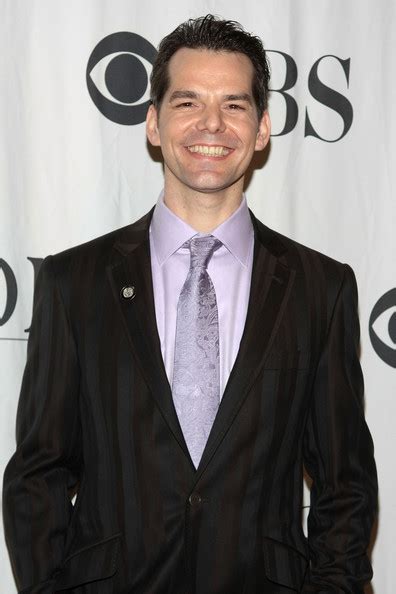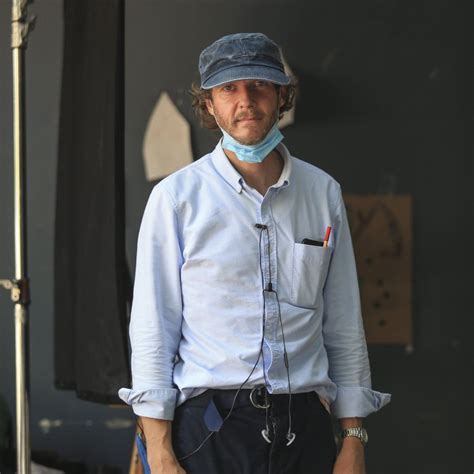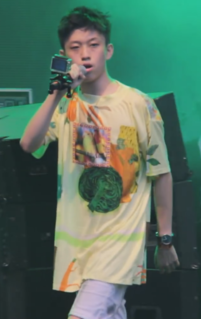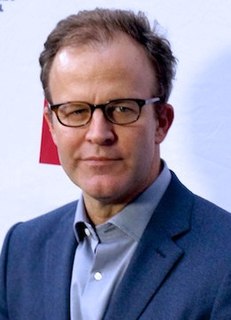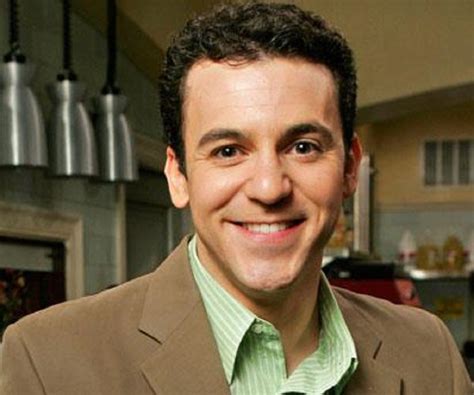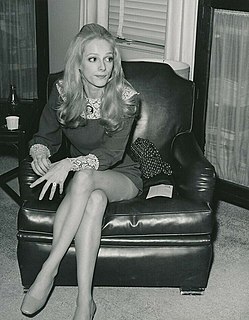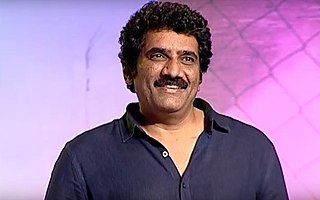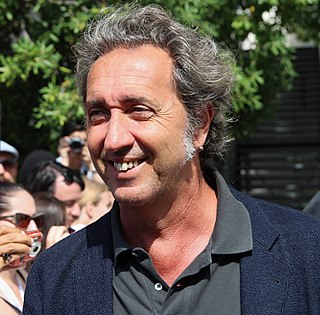Top 97 Cinematographer Quotes & Sayings
Explore popular Cinematographer quotes.
Last updated on December 18, 2024.
I was not getting work, even after auditioning for films. So I started working in a studio as a photographer; I assisted a cinematographer for two ads. I was thinking that I will get into photography or cinematography or assist someone. But then the 'Dangal' offer came, and I was busy with the auditions.
I'm the most experienced cinematographer in this medium, so there's no point in having that extra conversation in the middle of the loop. You're making the film in relation to what's happening now, and you can't really affect what's happening now. It's not like you're in control of anything in front of the camera. If you're calling yourself the director and you're not the cinematographer, I think you're kidding yourself.


